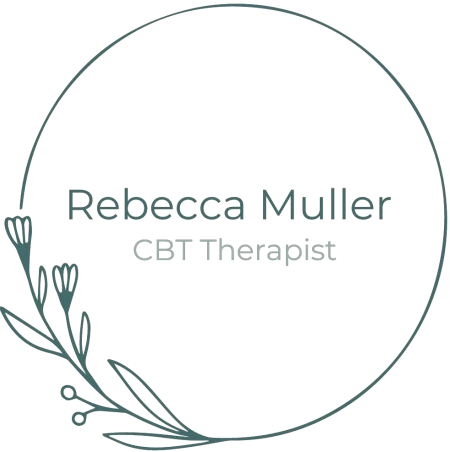As an online therapist based in North Berwick, I often notice a subtle misconception when clients first begin therapy. There's an expectation that change will somehow be done to them—that they'll lie back on a metaphorical couch while I extract their troubles or reprogram their thinking. This passive approach to change is understandable, but it misses a fundamental truth about how healing actually happens.
Real, lasting change is always an active process. While I bring expertise in guiding the therapeutic journey, you bring the most essential ingredient: your participation. Think of therapy as less like visiting a doctor for an antibiotic (take this and call me in the morning) and more like working with a personal trainer who can show you the exercises but can't lift the weights for you.
This active nature of change explains why therapy sometimes feels challenging. Growth requires stepping into new territory, trying different responses, and sometimes sitting with uncomfortable emotions rather than avoiding them. It's about making conscious choices rather than running on autopilot.
I see this in trauma work, especially. While approaches like EMDR provide powerful frameworks for processing difficult experiences, the client's willingness to engage with the process remains essential. The tools work, but only when actively applied.
What does this active engagement look like in practice? It might mean:
- Noticing patterns between sessions
- Practising new responses to triggering situations
- Questioning long-held beliefs about yourself
- Bringing difficult topics into the therapy room
- Experimenting with different ways of relating to others
The beautiful thing about embracing change as an active process is that it puts you in the driver's seat of your own healing journey. Rather than being a passive recipient of treatment, you become a collaborator in your growth. This shift in perspective is itself transformative, moving from "What can be done to fix me?" to "What can I do differently?"
If you're considering therapy, or perhaps already engaged in the process, I encourage you to embrace your active role. The change you seek comes not just from the hour we spend together each week, but from how you carry that work into your life between sessions. It's challenging work, certainly, but also deeply empowering.
Remember, I'm here to guide, support, and walk alongside you—but the steps forward are yours to take. And there's something incredibly powerful about recognising that the capacity for change has been within you all along.
